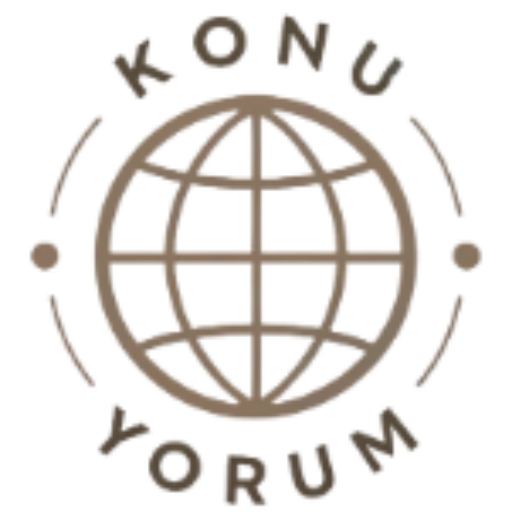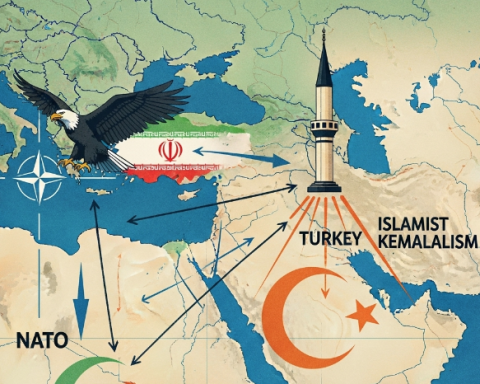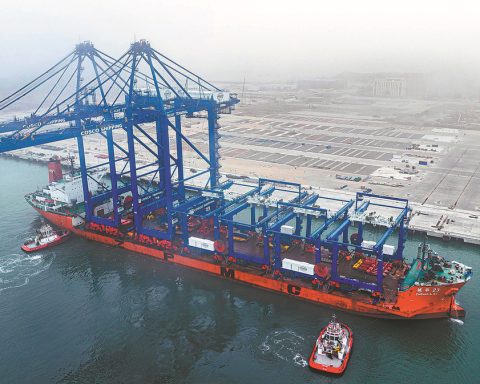In a pioneering move, Google has signed the world’s first agreement to power its artificial intelligence systems using miniature nuclear reactors, marking a major step forward in the company’s commitment to clean energy.
The tech giant has partnered with California-based startup Kairos Power, aiming to deploy the advanced nuclear technology by 2030. This collaboration underscores Google’s push to meet its ambitious goal of powering its operations, including massive data centers, entirely with clean energy sources.
In a statement announcing the agreement, Google highlighted the potential of next-generation nuclear technology: “Advanced nuclear reactors offer a new pathway to accelerate the deployment of nuclear energy, thanks to their simplified design and inherent safety features,” the company wrote.
The smaller size and modular design of these reactors are key advantages. According to Google, they can reduce construction times, allow for deployment in more locations, and improve predictability in delivering clean energy projects.
Kairos Power’s innovative technology uses ceramic fuel, roughly the size of a golf ball, combined with a molten-salt cooling system. This approach generates electricity via a steam turbine. Each of these small fuel pebbles, Kairos claims, can produce the same amount of energy as four tons of coal, without any carbon emissions.
How do you hold four tons of coal in your hand? Replace it with a single TRISO fuel pebble. Each golf-ball-sized pebble from Kairos Power’s fluoride salt-cooled high-temperature reactor (KP-FHR) will produce more energy than burning four tons of coal, with zero CO2 emissions. 🧵 pic.twitter.com/Uv8x017ajO
— Kairos Power (@KairosPower) June 29, 2023
This deal is a small piece of Google’s larger clean energy plan, as the tech giant has committed to sourcing all its electricity from renewable energy. The company’s data centers, located across the globe, represent a significant portion of its electricity usage.
U.S. data centers are expected to triple their energy consumption by 2030 due to the growing reliance on energy-hungry AI systems. The partnership with Kairos Power is part of Google’s strategy to meet these increasing energy demands while reducing its carbon footprint.
While Kairos Power plans to build a demonstration reactor in Tennessee, the initial 500 megawatt deal with Google is just a fraction of the estimated 47 gigawatts of new generation capacity that will be needed by the end of the decade.
Both companies see this agreement as a crucial step in accelerating the commercialization of nuclear technology. Jeff Olson, Vice President of Business Development and Finance at Kairos Power, emphasized the importance of this early commitment from Google.
“Having an agreement for multiple deployments is essential to speeding up the commercialization of advanced nuclear energy by proving the technical and market viability of this solution,” Olson said. “Google’s commitment sends a strong signal of customer demand, which will further drive our investment in developing and scaling this clean energy technology.”
This early-stage deal signals the growing importance of innovative energy solutions as companies like Google race to meet both rising energy demands and environmental sustainability goals.
published on the website: independent













